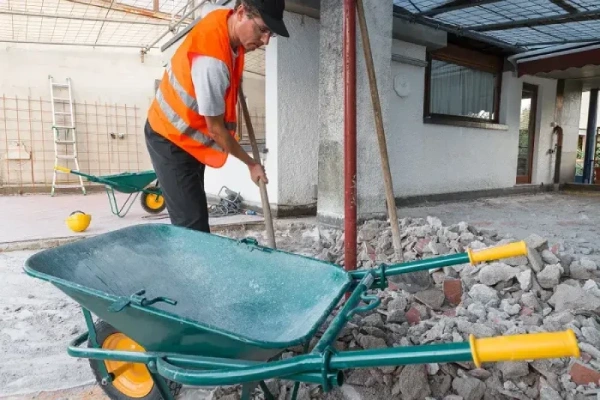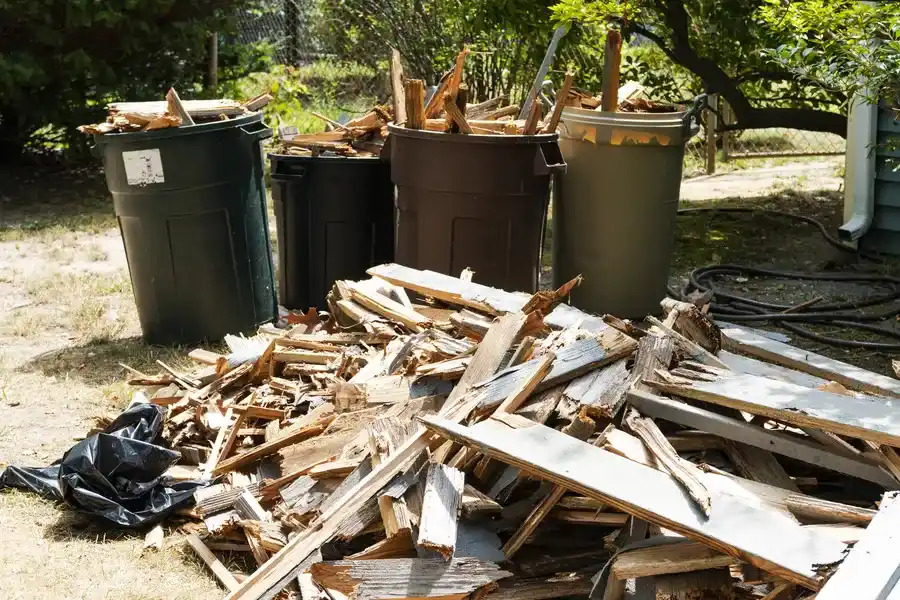Key Ways to Reduce Fire Risks in Your Area
Fires are a major concern in many communities across the country. They can cause extensive damage and put lives at risk. One effective way to reduce these risks is by maintaining clear and open spaces around properties. This is where strategic debris management comes into play. By removing debris regularly, you can significantly lower the chance of fires starting or spreading. Taking care of the landscape around homes and buildings helps prevent small sparks from escalating into larger threats.

The Role of Landscape Management
Effective landscape management plays a crucial role in preventing fires. It involves keeping the area around structures clear of dry leaves, branches, and other flammable materials. When you manage your landscape well, it reduces potential fuel for wildfires or accidental fires. Regularly scheduled debris removal ensures that all these materials are kept in check, providing a safer environment for everyone.
Understanding the Importance of Debris Removal
Removing unwanted debris can be vital for maintaining fire safety. While many people focus on beautifying their yards, it’s equally important to think about safety. Debris removal not only keeps the surroundings clean but also minimizes fire hazards. When materials like dead foliage accumulate, they create conditions ripe for ignition, especially during hot, dry months.

Benefits of Keeping Property Clean
A tidy property offers more than just visual appeal. It directly impacts safety by reducing fire risks. A clean yard provides fewer opportunities for fire to start or spread. Engaging in regular cleaning practices, such as trimming trees and disposing of waste appropriately, can protect homes and families. Moreover, it supports broader community efforts to maintain safe environments.
Common Challenges in Fire Prevention
Many homeowners face obstacles when trying to maintain a fire-safe property. Lack of awareness is a key issue; some may not realize how quickly debris can accumulate and pose a risk. Additionally, personal time constraints often lead to deferred maintenance. Weather conditions can also play a role in increasing debris build-up, making regular upkeep difficult at times.
Solutions for Effective Fire Safety Practices
To ensure ongoing fire prevention, consider implementing a few straightforward steps:
- Schedule regular inspections to identify areas needing attention
- Engage professional services for thorough debris management
- Create defensible space around structures by clearing flammable materials
- Educate family members about the importance of routine yard cleaning
Best Practices for Minimizing Fire Risks
Adopting certain best practices can make a significant difference in minimizing fire risks:
- Regularly trim vegetation near buildings to prevent quick spreading if ignited
- Remove dead plants, grass, and weeds promptly
- Install gravel or stone pathways as firebreaks around properties
- Store firewood away from main structures to minimize exposure to sparks
Cost Considerations for Professional Services
The cost of hiring experts for landscape management varies based on property size and specific service needs. However, investing in professional help often saves money long-term by preventing costly damage due to fire incidents. Weighing these costs against the potential damages highlights the value of proactive measures for fire safety.
Final Tips for Ensuring Safety With Proper Management
Maintaining a safe environment requires consistent effort from community members working together toward a common goal. At Complete Trashouts, we offer comprehensive services tailored to meet diverse needs. Call (252) 250-2439 today to learn more about our solutions designed to support fire prevention efforts effectively. Based in Newport, NC, we are dedicated to helping clients safeguard their properties through diligent management practices.